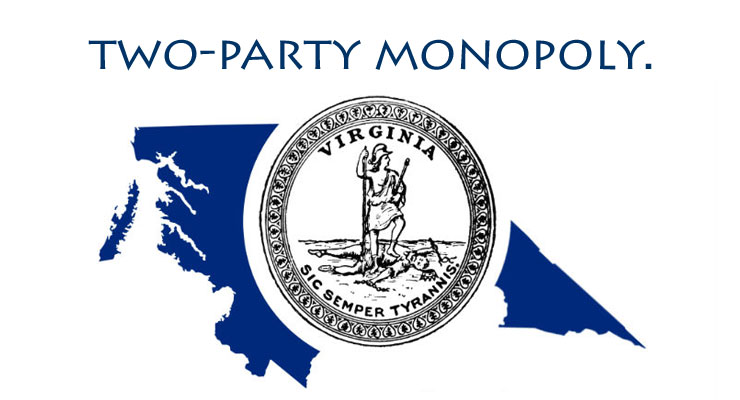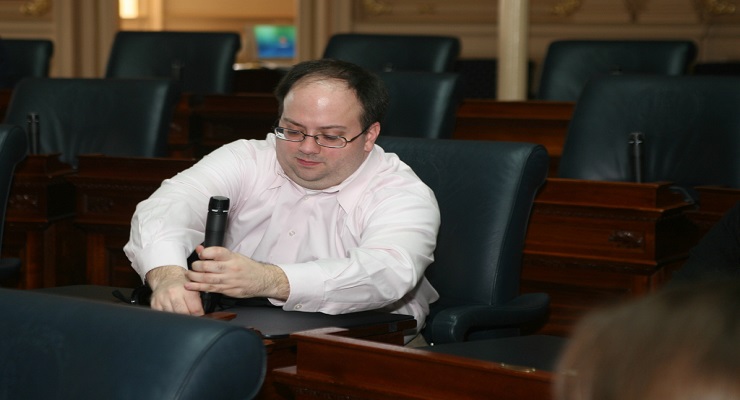
The latest news comes from an article by Scott McCaffrey at the local Sun Gazette Newspapers:
Efforts by a local legislator to allow “ranked-choice” (or “instant-runoff”) voting in local elections has died in a state Senate committee. The measure, patroned by state Sen. Adam Ebbin (D-30th), would have allowed localities to adopt ranked-choice voting for boards of supervisors and city councils, starting in 2020. It was killed on a 10-4 vote of the Senate Committee on Privileges and Elections, with two Democrats joining eight Republicans in nixing the bill.
A similar, though not identical, measure patroned by Del. Nick Freitas (R-Culpeper) was killed earlier in the session by a subcommittee of the House Committee on Privileges and Elections.
Read the full article here. Maine is the first state to ever use the ranked choice voting system starting only last year. Since then, a flurry of states and localities have been considering a switch to the unique system. So what is ranked choice voting? According to Democracy Chronicles’ friends at at the nonpartisan nonprofit FairVote, an organization with its headquarters in Takoma Park, Maryland:
Ranked choice voting (RCV) makes democracy more fair and functional. It works in a variety of contexts. It is a simple change that can have a big impact. With ranked choice voting, voters can rank as many candidates as they want in order of choice. Candidates do best when they attract a strong core of first-choice support while also reaching out for second and even third choices.
When used as an “instant runoff” to elect a single candidate like a mayor or a governor, RCV helps elect a candidate that better reflects the support of a majority of voters. When used as a form of fair representation voting to elect more than one candidate like a city council, state legislature or even Congress, RCV helps to more fairly represent the full spectrum of voters.
Other states and localities that have recently seen legislation proposed to make the switch to ranked choice voting include Connecticut, Vermont, the city of Baltimore, and at least four cities in Utah. Click those four links for the latest related Democracy Chronicles coverage!

Leave a Reply